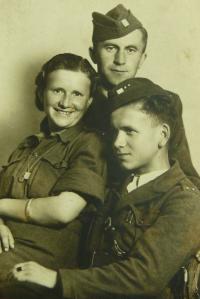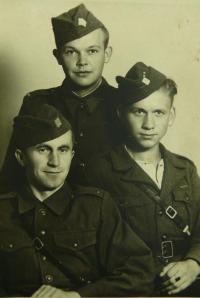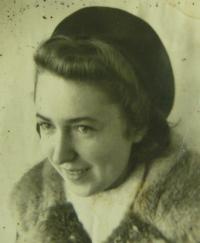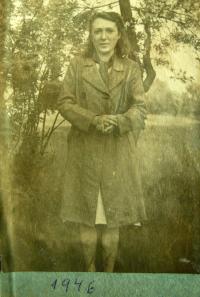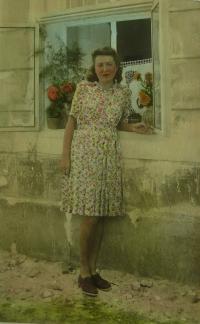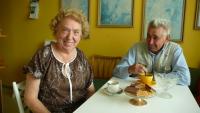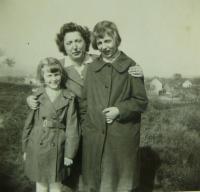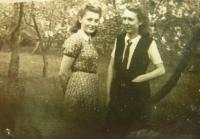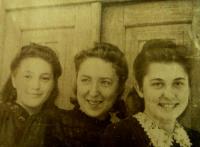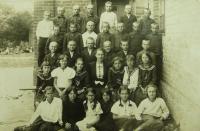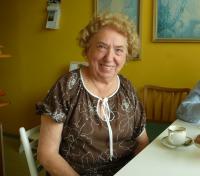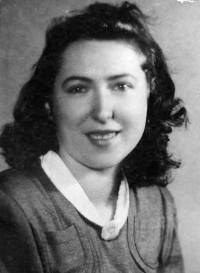I heard this whistle, you know, right around my ears and only then I realized I was under fire. It was strange because we lived in peace and then out of blue we were in war with Poland.
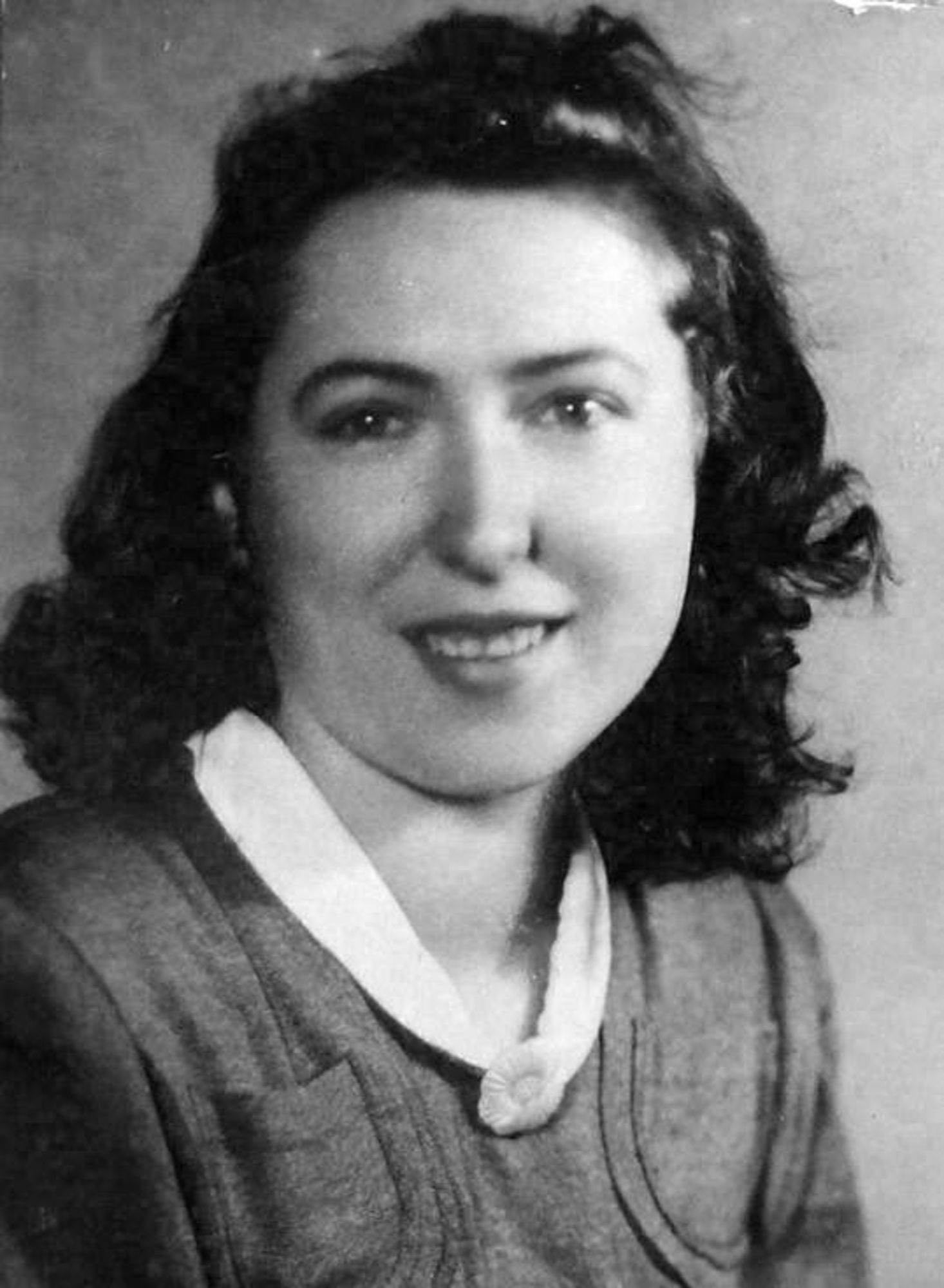
Download image
Mrs. Miluse Dedkova was born on November 12th,1927 in Myrohoshcha, a farming village in Polish territory of Ukraine’s Volhynia. She had two sisters, one of whom died at two. Miluse attended the grammar school in Myrohoshcha, and then the high school in nearby Dubno. According to Ms. Dedkova, her family was thriving during the Polish occupation of Volhynia. Her parents were farming many different crops, from garin to hops, on a very fertile piece of land. Almost 25 acres, the family also kept many differnt types of animals on their farm. When the Soviet army invaded Volhynia in 1939, the family’s luck took a turn for the worse. The family was forced to give up their wealth to the regime, and their farm was estblished as a kolkhoz (collective farm). Years later when the Germans took control of the area, the farm was completely shut down, even though there was a food shortage. At that time, few farms remained in operation, and most of the crops were taken by the Germans needed to feed their soldiers. After the end of the war, the regime allowed Miluse’s parents to move their family back to Czechoslovakia in 1947. Because the family left hurriedly on the first transport available, Miluse was forced to drop out of high school. The family settled down in Janovice Village, with Mrs. Dedkova´s sister and brother-in-law. In 1948, Miluse married a carpenter, Vladimir Dedek, in Lukavec Village. After the communist regime banned self employment and took over Vladimir’s workshop in the 50s, both he and Miluse were forced to work in the stone pit. The regime kept the couple there for several years, as a punishment for her parents refusing to enter the farmers cooperation years earlier. After release, Miluse Dedkova and her husband had two daughters, Miluse and Kvetoslava. Miluse Dedkova widowed in 1996.

